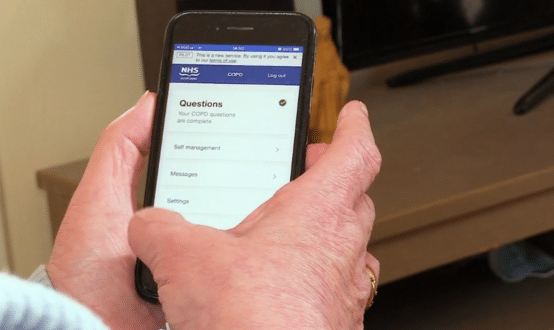Rare Diseases Action Plan includes focus on technology
- 2 March 2022

England’s first Rare Diseases Action Plan includes the use of digital tools and virtual consultations to help ensure people with rare diseases benefit from faster diagnosis and improved access to treatment.
The action plan, published on Rare Disease Day 2022, was developed in partnership with NHS England and NHS Improvement, the National Institute for Health and Care Excellence, Health Education England, Genomics England, the National Institute for Health Research, NHS Digital and the Medical Research Council.
It includes 16 commitments to improve the care of patients, including digital tools to support faster diagnosis, and new technology that can improve the quality of virtual consultations by enabling patients to see multiple specialists at once.
Health and social care secretary Sajid Javid said: “This action plan will speed up diagnoses and care and allow our fantastic workforce to better support patients, by drawing upon the UK’s world-leading science and technology.
“I am committed to levelling up our health system so that everyone regardless of their condition can receive treatment that is tailored to their needs.”
The action plan includes the use of a new digital tool called GeNotes. This allows healthcare professionals to access information quickly on rare diseases to help support better and speedier diagnosis, so that patients can receive the care they need promptly. The digital educational resource will also link to the NHS Genomic Test Directories and signpost extended learning opportunities.
In addition, the plan outlines the development of a new toolkit for virtual consultations. This is designed to improve the effectiveness of telehealth calls by making it easier for patients to coordinate care between multiple specialists, without the need to travel.
It also calls for new approaches to care for patients with undiagnosed rare conditions such as the use of virtual expert multidisciplinary teams. Pilots such as these are already in the design stage, following consultation with patients and their families.
Minister for patient safety and primary care, Maria Caulfield said: “We have listened carefully to people living with rare diseases to make sure their needs and priorities are placed at the heart of this plan. We will continue to work closely with the rare disease community over the coming year to develop this even further.”
Nick Meade, director of policy for Genetic Alliance UK added: “Our community’s voice has been heard more than ever in the development of this plan. This collaboration has helped us see how well these priorities of diagnosis, awareness, coordination and care can combine to have an impact greater than the sum of their parts. We are excited to move into the implementation phase and to see real improvements for people living with rare conditions.”
The action plan supports the UK’s ambition to be a global leader in the world of genomics. In May least year is set out its plans to develop global standards and policies for sharing genomic health data in the The Genome Implementation Plan 2021-2022.




